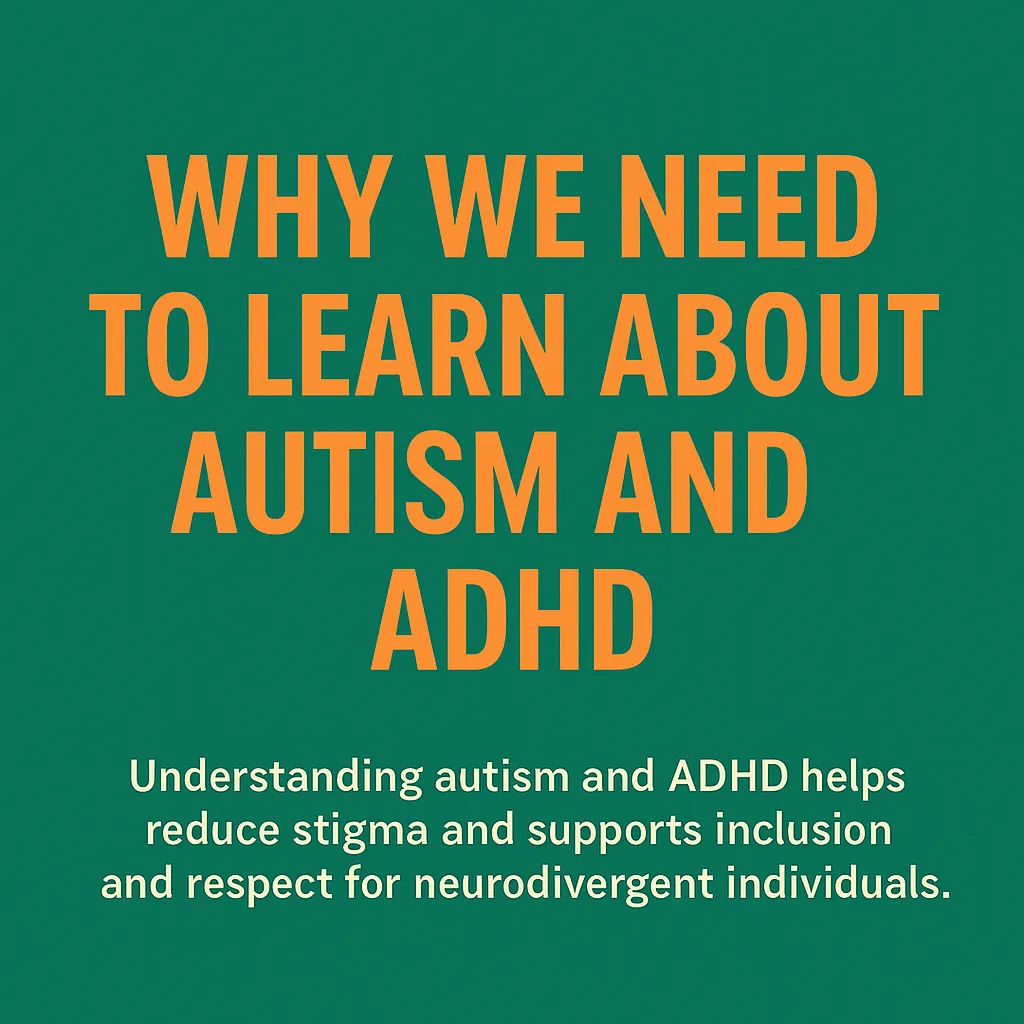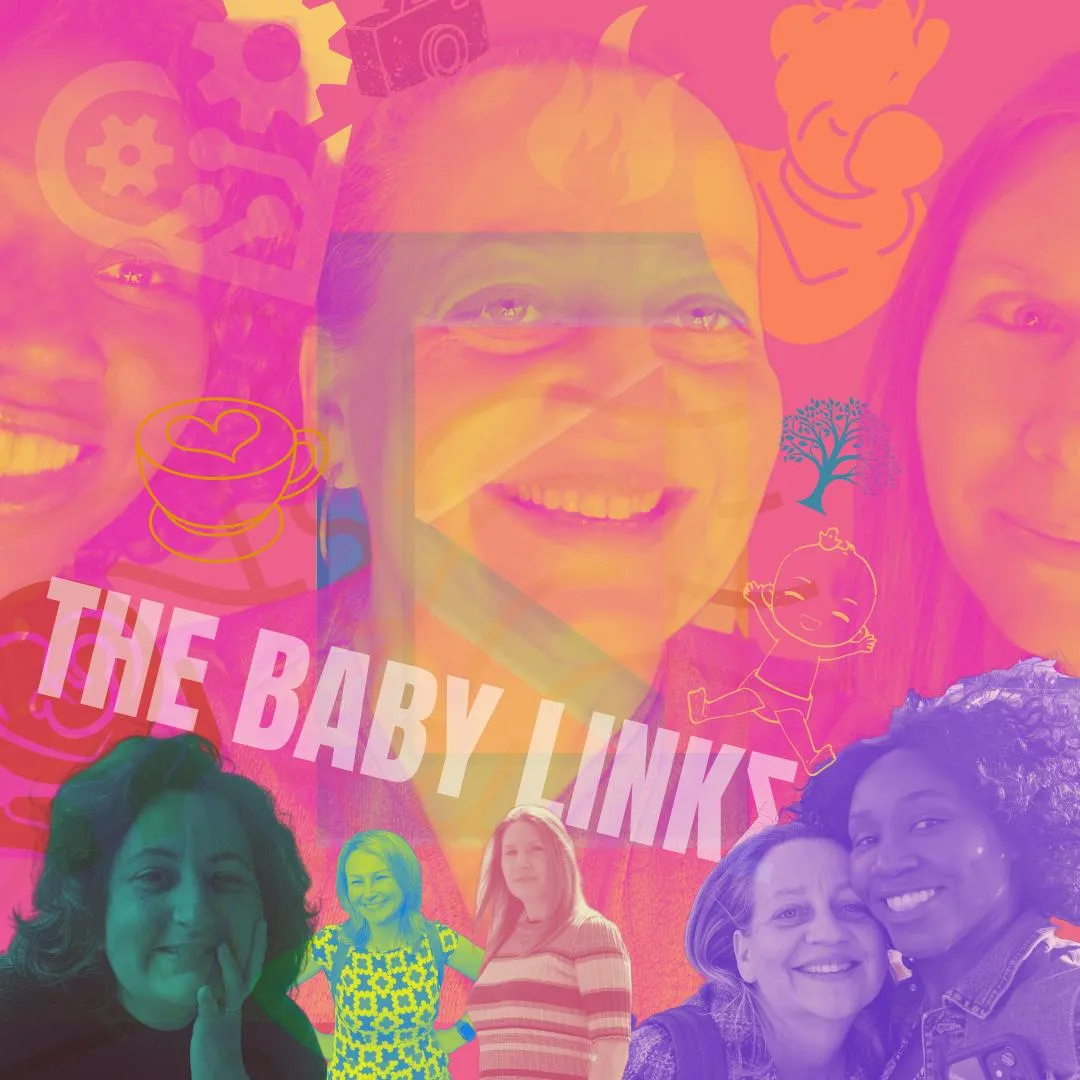WELCOME TO OUR BLOG
THE BABY LINKS SOCIAL CLUB BLOG SECTION

Why We Need to Learn About Autism and ADHD
Why We Need to Learn About Autism and ADHD - A Personal Reflection

Over the past months, I’ve come to understand just how crucial it is for all of us—especially those working in public services like the NHS—to truly learn about autism and ADHD. This learning goes beyond textbooks and clinical definitions. It’s about humanising the experience and addressing the stigma that still exists around neurodivergence.
Autism and ADHD are often misunderstood. They're sometimes reduced to labels or caricatures: the hyperactive child, the person who avoids eye contact. But the reality is far more complex and individualised. These are not just medical diagnoses—they shape how people see the world, respond to it, and interact with others.
One insight that struck me recently is how autistic people often experience significant distress when they're not seen or attended to on time after attending a study day organised by the NHSP. Something as seemingly routine as waiting past an appointment time can feel extremely unsettling, even disrespectful. For someone with autism, the lack of predictability or the feeling of being ignored can trigger intense anxiety or even a shutdown. This isn't about being difficult—it’s about how their brain processes uncertainty and stress. We need to remember that especially when explaining to people how long they will have to wait before seeing a Doctor, how long they might have to wait in the hospital before being induced or how long a procedure might take.
Similarly, many neurodivergent individuals—particularly those with autism—tend to have a heightened sense of justice and fairness. While this is a beautiful strength, it can also mean that when they perceive unfair treatment, even unintentionally, it can lead to significant distress and, understandably, complaints. Not because people want to cause trouble—but because the experience genuinely feels deeply wrong to them.
This brings me to why we all must become more aware, more educated, and more compassionate.
Understanding autism and ADHD helps us communicate better, offer more meaningful care, and reduce misunderstandings that can lead to unnecessary conflict. It helps avoid retraumatising individuals who already face daily challenges in navigating a world that often doesn't accommodate their needs.
But it also does something just as important—it reduces stigma. The more we understand, the less room there is for judgment, labels, and fear. And the more space there is for dignity, respect, and support.
Learning about autism and ADHD isn’t just something that benefits neurodivergent individuals—it improves the system for everyone. A more inclusive, understanding work environment is one that offers better care, builds stronger trust, and ultimately serves its purpose more effectively.
So, whether you're a clinician, a receptionist, a teacher, a friend—or simply someone curious—take time to learn. Listen to voices from the neurodivergent community. Reflect on your assumptions. And most importantly, remember that kindness and patience go a long way in making someone feel truly seen.
Resources, Support and Training

SUBSCRIBE TO BE THE FIRST ONE TO HEAR ABOUT OUR STORIES
Read the next chapter first, learn about what we learned this week and who we talked to.
We would love to hear your stories and answer your questions. Please let us know how we can help
© Copyright 2025 The Baby Links. Terms and Conditions and Privacy Policy
